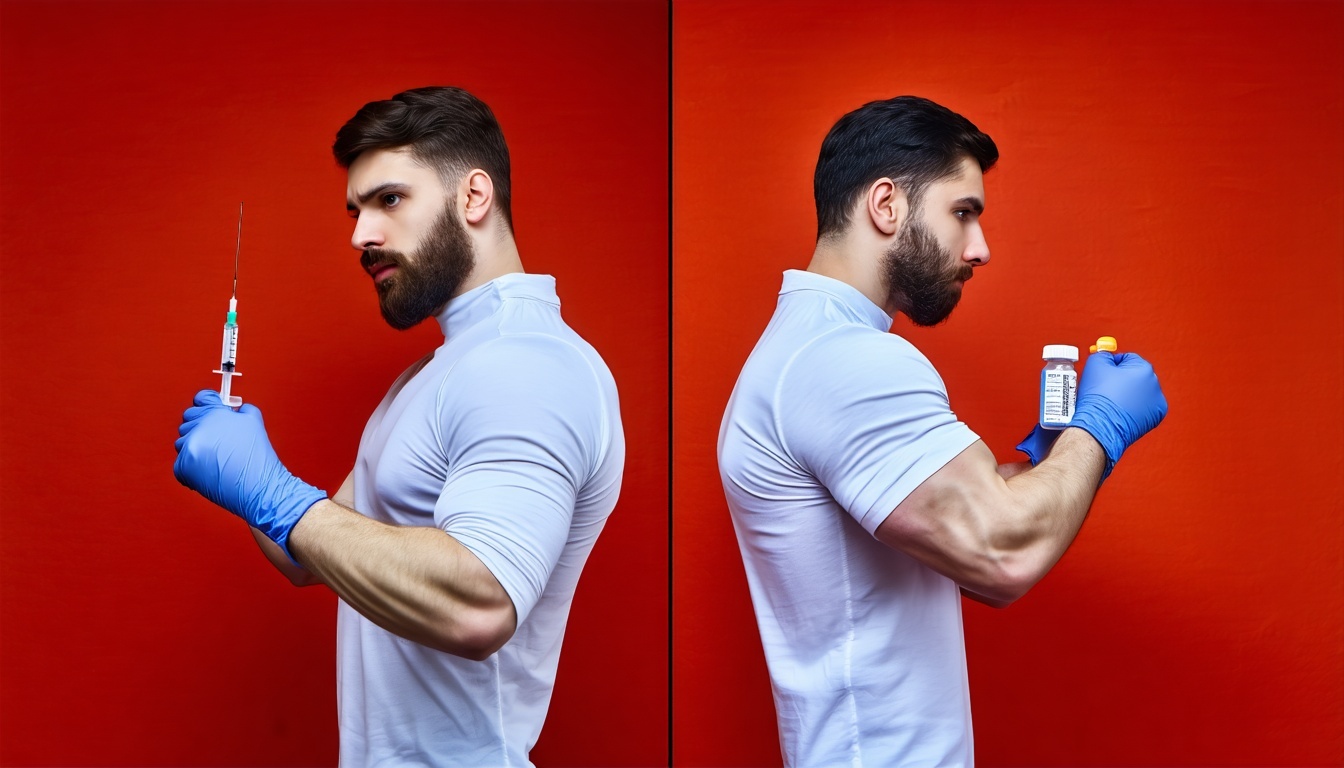Red Flags: How to Spot Sketchy Hormone Clinics (And Avoid Getting Scammed)
The hormone optimization boom has created a gold rush mentality that's attracted both legitimate medical professionals and opportunistic scammers looking to cash in on men's desperation for better health. For every quality clinic providing genuine medical care, there's a sketchy operation more interested in your credit card than your testosterone levels.
Here's the uncomfortable truth: the hormone therapy industry is largely unregulated, operating in a gray area between legitimate medicine and supplement sales. This creates perfect conditions for bad actors who prey on men's insecurities and lack of medical knowledge. They promise miraculous results, downplay risks, and often deliver substandard care that can actually harm your health.
But here's what's even more frustrating – many men don't realize they're being scammed until it's too late. They've already paid thousands of dollars, received questionable treatments, and potentially damaged their health. The worst part? They often blame themselves or assume all hormone therapy is a scam, missing out on legitimate treatments that could genuinely improve their lives.
In this comprehensive guide, we'll expose the red flags that separate legitimate hormone clinics from sketchy operations. You'll learn to identify warning signs, ask the right questions, and protect yourself from predatory practices. By the end, you'll have the knowledge to find quality care while avoiding the scammers who give the entire industry a bad name.
The Sketchy Clinic Landscape
Before we dive into specific red flags, let's understand the ecosystem that allows sketchy hormone clinics to thrive.
Why Sketchy Clinics Exist
Regulatory Gray Areas: Hormone optimization often falls between traditional medicine and elective procedures, creating regulatory gaps that bad actors exploit.
High Profit Margins: Hormone therapy can be extremely profitable, especially when cutting corners on medical oversight and quality.
Desperate Customers: Men suffering from low testosterone symptoms are often willing to pay premium prices for solutions, making them vulnerable to exploitation.
Limited Medical Knowledge: Most men lack the medical knowledge to evaluate treatment quality, making them easy targets for medical-sounding nonsense.
Marketing Sophistication: Sketchy clinics often have slick marketing that can fool even educated consumers.
Medical Disclaimer: This content is for educational purposes only and does not constitute medical advice. Always consult with qualified healthcare providers before starting any hormone therapy program. If you suspect you've received substandard medical care, seek immediate evaluation from a licensed physician.
Related Articles
- The Modern Man's Guide to Legitimate Hormone Optimization
- Telehealth TRT: How to Get Testosterone Therapy Without Leaving Your Office
- Insurance and Hormone Therapy: What's Covered and What's Not
- The Busy Professional's Guide to Starting Hormone Optimization
- Lab Work Decoded: Understanding Your Hormone Test Results





